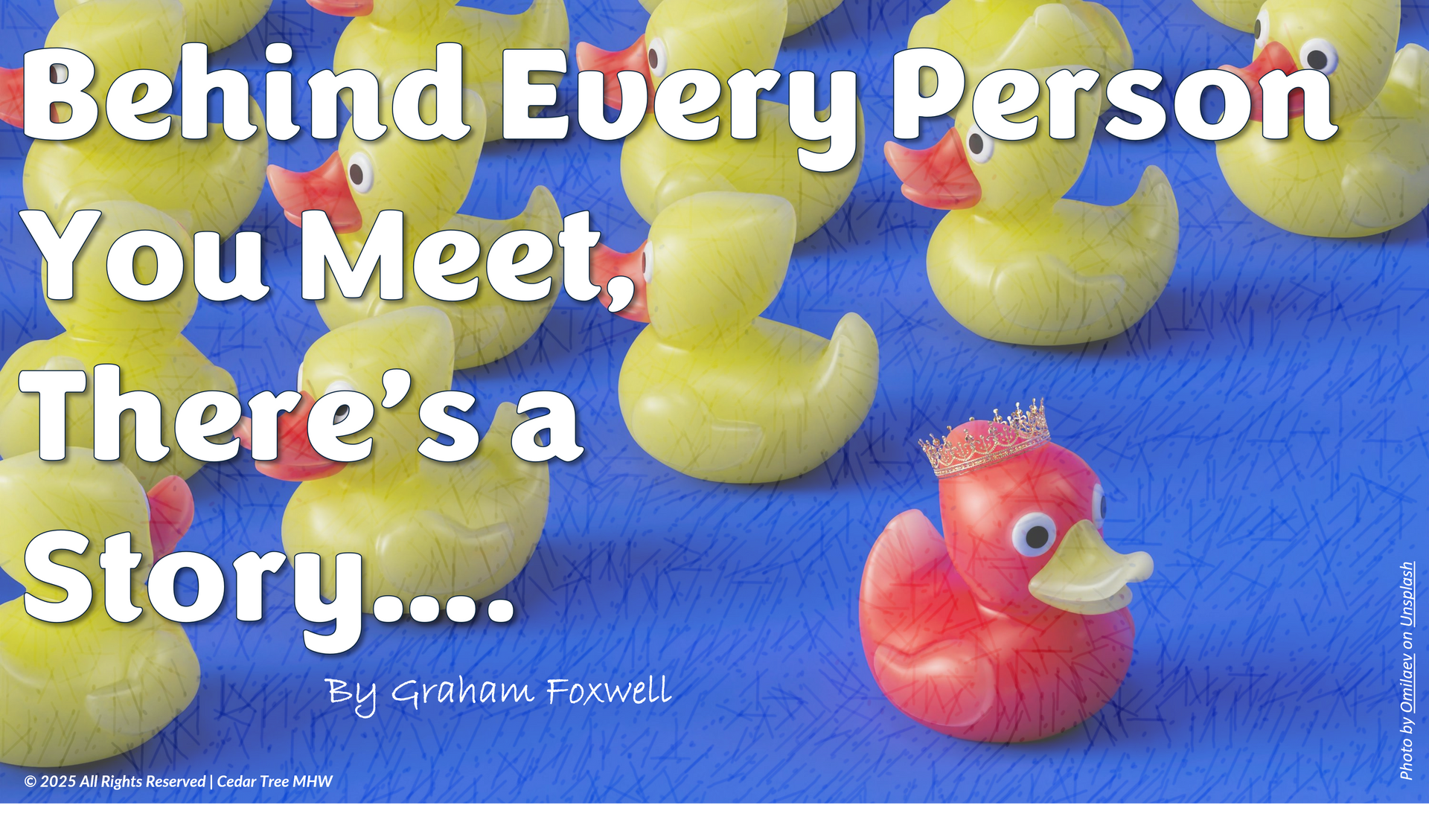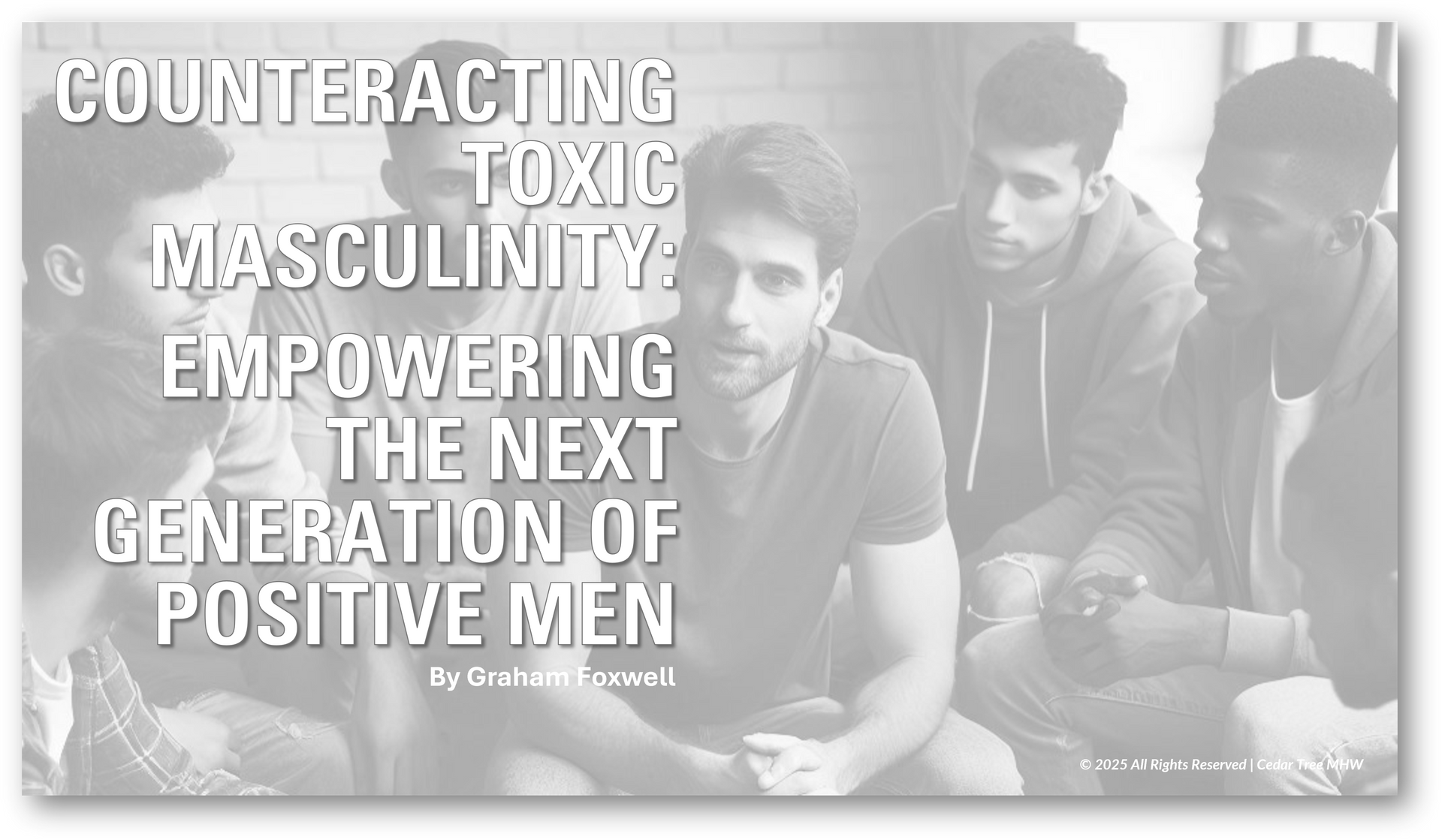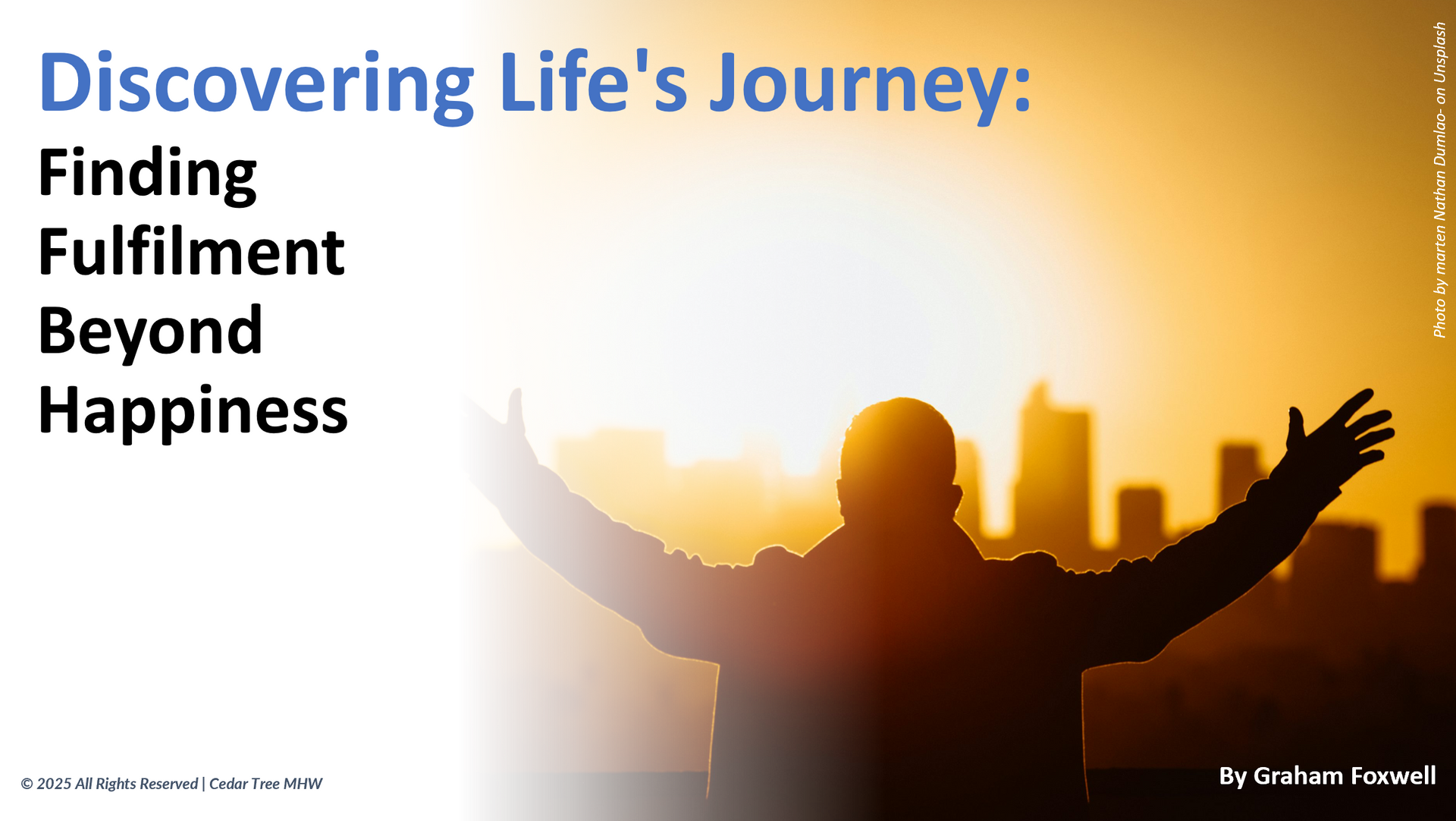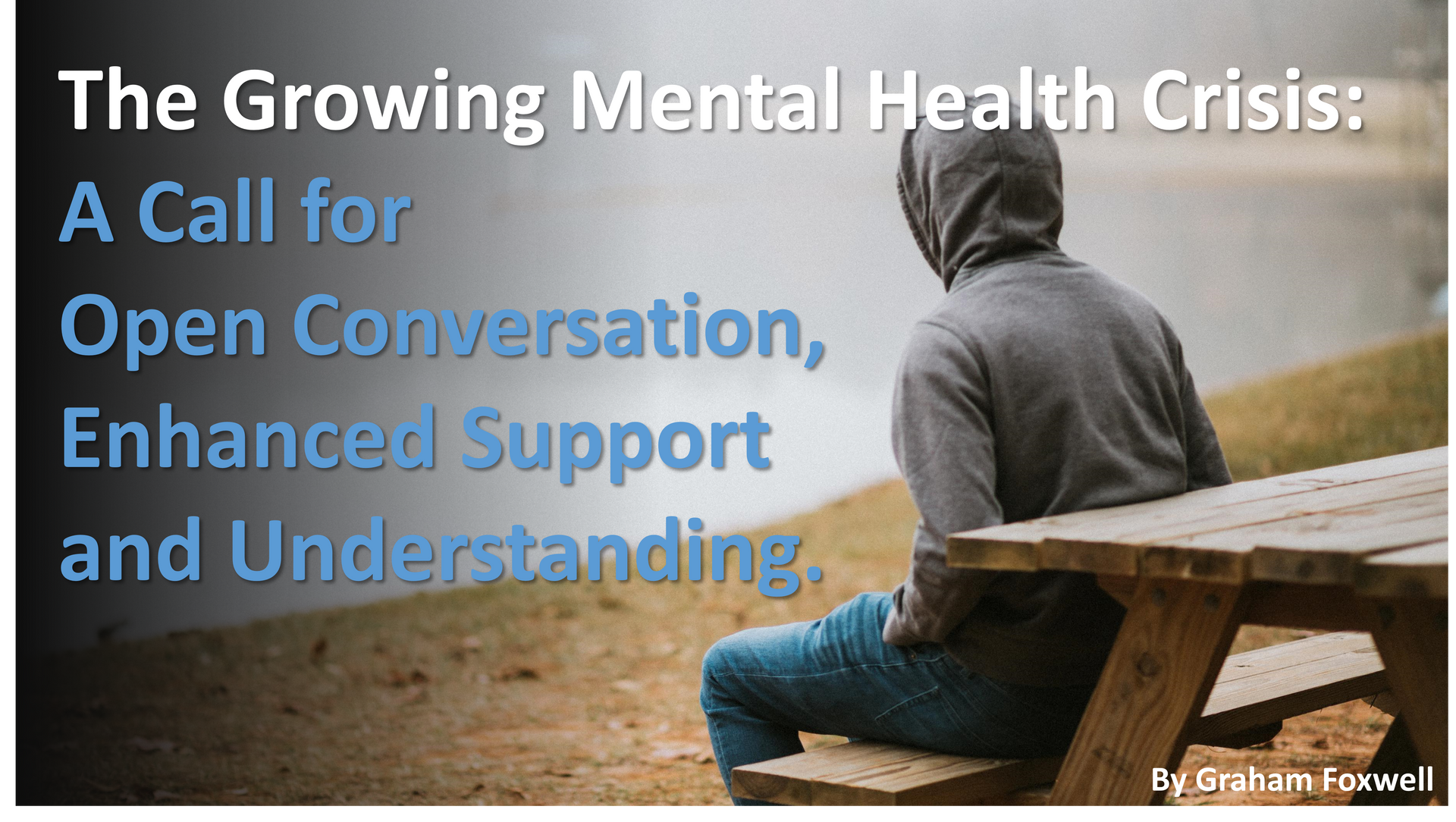The Positive Impact of Prioritising Mental Health and Wellbeing in the Workplace
Prioritising Mental Health and Wellbeing in the Workplace
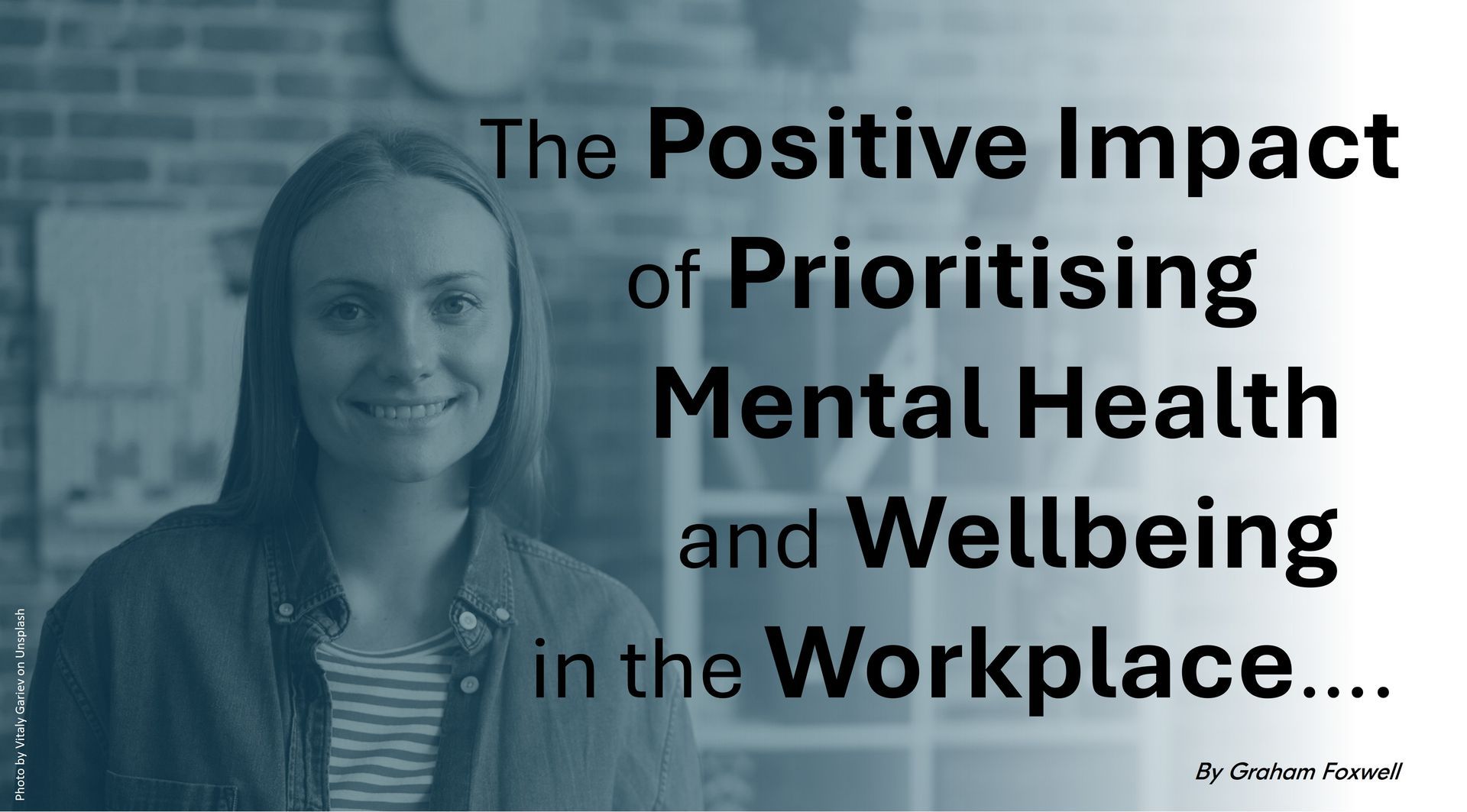
In today's fast-paced work environment, the importance of mental health and wellbeing cannot be overstated. Organisations that prioritise the mental health of their employees not only foster a healthier and more supportive workplace but also see significant benefits in terms of productivity, engagement, and overall organisational success.
Moving Beyond the Tick-Box Approach
It’s crucial to move beyond a tick-box approach to mental health and wellbeing. Simply providing a bit of training and an Employee Assistance Program (EAP) is not enough.
True commitment involves investing in a comprehensive mental health framework, engaging with consultancy services, and ensuring ongoing training for all staff, managers, and most importantly, C-level executives. This holistic approach ensures that mental health and wellbeing are deeply embedded in the organisational culture, leading to sustainable and meaningful improvements.

By fostering a culture that values mental health and wellbeing, organisations can create a thriving workplace where employees feel valued, supported, and motivated. This not only leads to happier and healthier employees but also drives business success and sustainability.
The Benefits of a Mentally Healthy Workplace:
- Increased Productivity and Engagement
Employees who feel supported in their mental health are more likely to be engaged and productive. According to the CIPD, promoting wellbeing can help prevent stress and create positive working environments where individuals and organisations will thrive. - Reduced Absenteeism and Presenteeism
Poor mental wellbeing costs UK employers an estimated £42 billion to £45 billion annually through presenteeism, sickness absence, and staff turnover. By investing in mental health initiatives, companies can significantly reduce these costs. - Positive Return on Investment
Recent research indicates that for every £1 invested in mental health interventions, there is an average return of £5. - Enhanced Employee Retention
A supportive work environment that prioritises mental health can lead to lower turnover rates. The NHS has found that better staff experience overall is linked to better wellbeing, lower turnover, and lower sickness absence. - Improved Organisational Performance
Organisations that integrate wellbeing into their culture and leadership see improvements in overall performance. Healthy workplaces help people to flourish and reach their potential, benefiting both employees and the organisation.
UK Statistics
- Financial Benefits: Investing in mental health interventions yields a positive return on investment of around £5 for every £1 spent
- Cost Savings: Addressing poor mental wellbeing can save UK employers between £42 billion and £45 billion annually
- Employee Engagement: Promoting wellbeing can significantly enhance employee engagement and productivity
Let’s continue to champion mental health and wellbeing in our workplaces and reap the numerous benefits it brings.
For more information on this subject see
Cedar Tree Workplace Mental Health & Wellbeing
LINK
Source of information
- Wellbeing at Work Factsheets - CIPD.
https://www.cipd.org/uk/knowledge/factsheets/well-being-factsheet/ . - Mental health at work: statistics - Mental Health Foundation.
https://www.mentalhealth.org.uk/explore-mental-health/statistics/mental-health-work-statistics . - Evidence-based approaches to workforce wellbeing - NHS Employers.
https://www.nhsemployers.org/articles/evidence-based-approaches-workforce-wellbeing .
#WorkplaceWellbeing #EmployeeWellbeing #MentalHealthAwareness #HealthyWorkplace #WellbeingAtWork #EmployeeEngagement #SupportiveWorkplace#WorkplaceCulture #InvestInWellbeing
